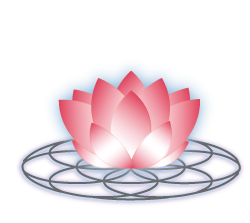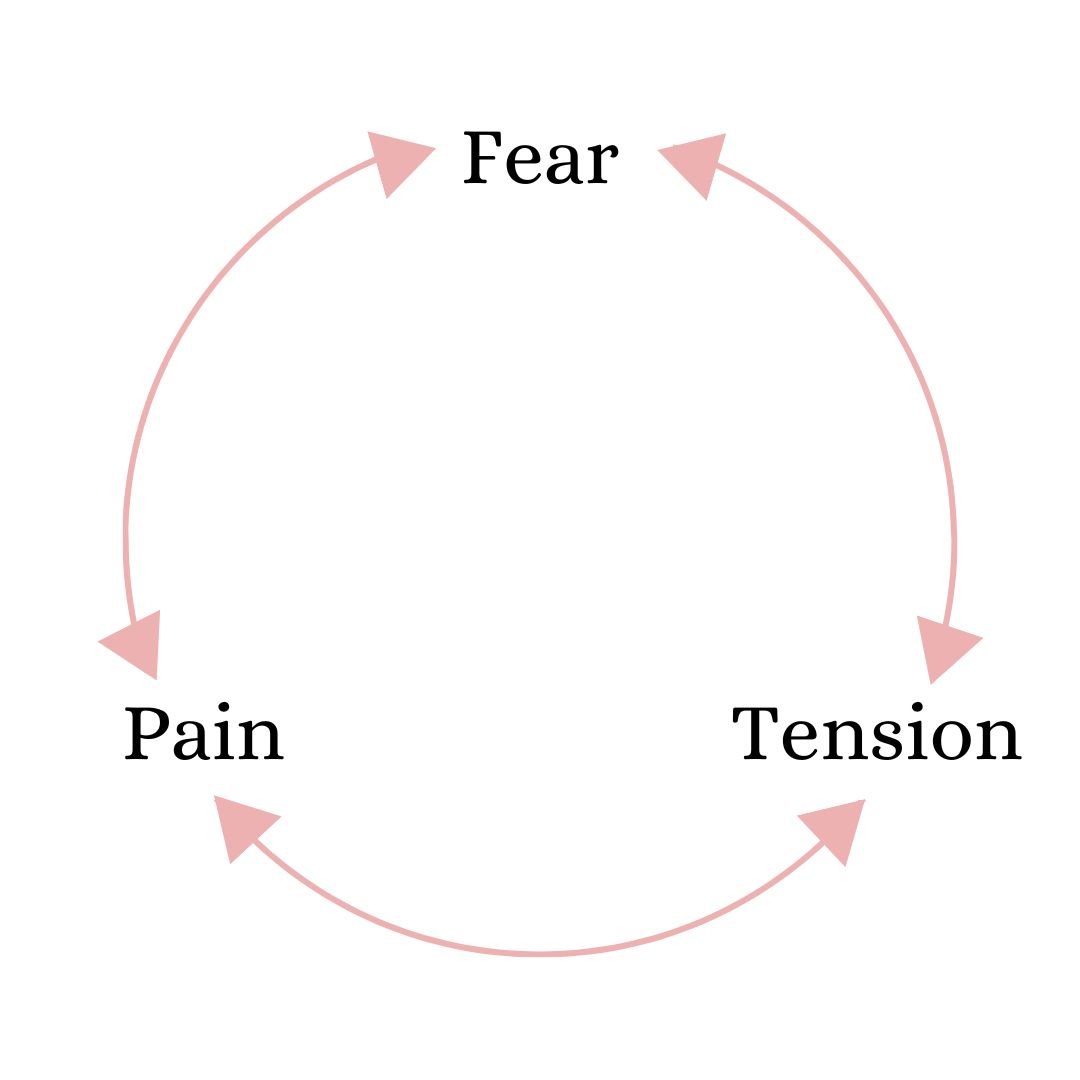HypnoBirthing® is a philosophy and practice a couple does to prepare themselves for birthing. The philosophy revolves around the innate ability of the body to birth a baby with ease and - at times - with no pain. It also believes that birth is a normal human, physiological process, and does not need medical intervention in a healthy pregnancy, where both mom and baby are healthy - the only time would be under special circumstances. It does this by teaching the couple to relax as a way that supports the birthing person’s body to work optimally, with little to no tension. Resulting in little discomfort (and often times, pain free), and the birthing experience ends up being calm and empowering.
When a birthing person goes into labour with fear and stress, their body tends to tense up. The body feels like it is not safe to birth your baby because you are scared or stressed. When the body is stressed, blood (and as a result, oxygen and nutrients) are diverted to the heart, lungs and muscles to allow us to fight or flight. Your uterus isn’t considered an vital organ for fight or flight, and as a result, blood is shunted away to the other organs. This causes the uterus to not get what it needs to birth with ease. The tense uterus then tries to birth your baby, with the different signals you are giving it (push, push, push and it’s not safe), but because it is tense, it isn’t able to birth easily. The tension ends up causing pain, and so the cycle goes: fear resulting in tension resulting in pain, and so on.
HypnoBirthing® is able to break this cycle by teaching the birthing parent how to enter and maintain relaxation and a state of calm. This eliminate the Fear-Tension-Pain cycle because the parent feels calm. Calm tells the body that they are safe, and that they don’t need to tense up. They are able to enter the parasympathetic nervous system, or the ‘healing room’ and support their birthing organs by providing them with the oxygen and nutrition that it needs. This is happening because the body isn’t in the sympathetic nervous system state (that is caused by stress and fear) allowing uterus is able to relax and birth baby with ease.
Hypnosis can bring about negative connotations, especially with how it is depicted in shows (eg. Captain Carter, etc) as well as in the hypnosis stage shows. Hypnotherapy is nothing like that. It does use the power of suggestion to change a behaviour or perspective, etc, but if that suggestion goes against your values, you will not do it (eg. if I suggested you rob a bank that won’t happen (unless you actually would)). That being said, the hypnosis that happens during the class is meant to encourage the parents to enter a state of relaxation, and allow them to enter that state easier each time.
Relaxation is like a muscle you train. You need to train this muscle before your birthing time, since things can become very hectic. It can be difficult to get into a relaxed state with that kind of headspace. As a result, there is daily homework given to the couples to help them train these important muscles, so that when it is the birthing time, they can enter relaxation with ease.
All of this being said, my favorite aspect about HypnoBirthing® is the involvement of the partner. HypnoBirthing provides a number of ways the partner can support the pregnant person. This way, the partner has and understanding and a role to play during the birth. They can be engaged and a contributing player when it happens, instead of standing on the sidelines wanting to help, but not knowing what they can say and/or do.
If this sounds like something you want for yourself and your partner, Dr. Charmagne is regularly hosting classes at Vive Health, and South Calgary Midwives. For more information about when classes are, click here.
~ Dr. Charmagne



